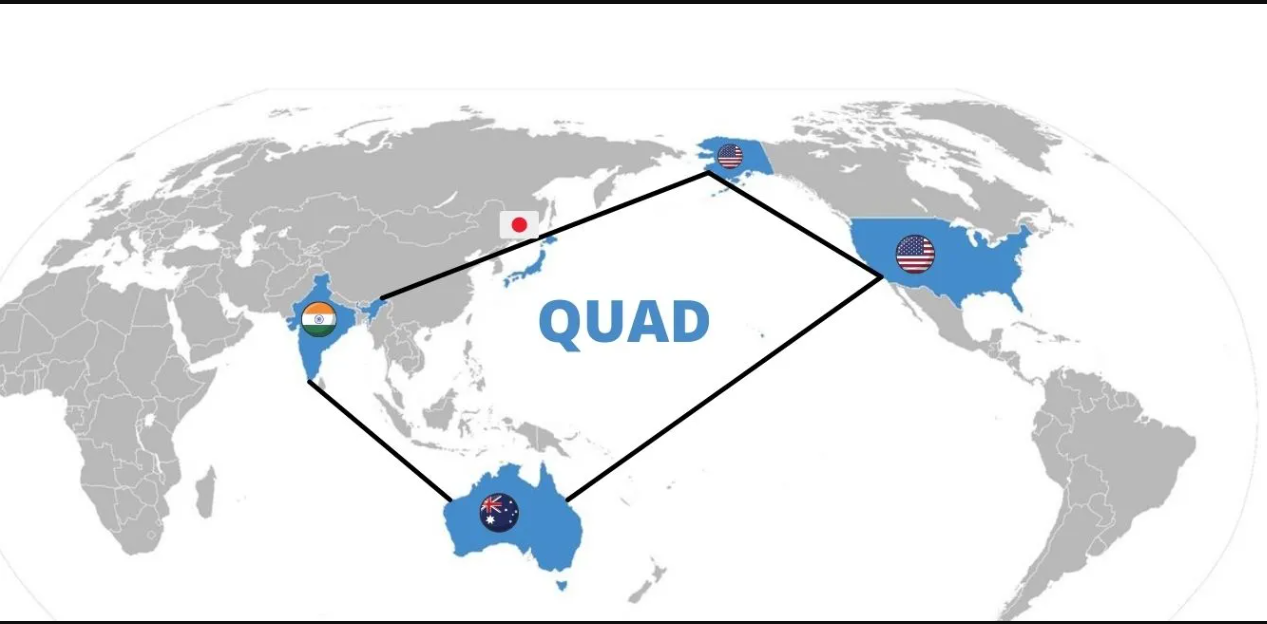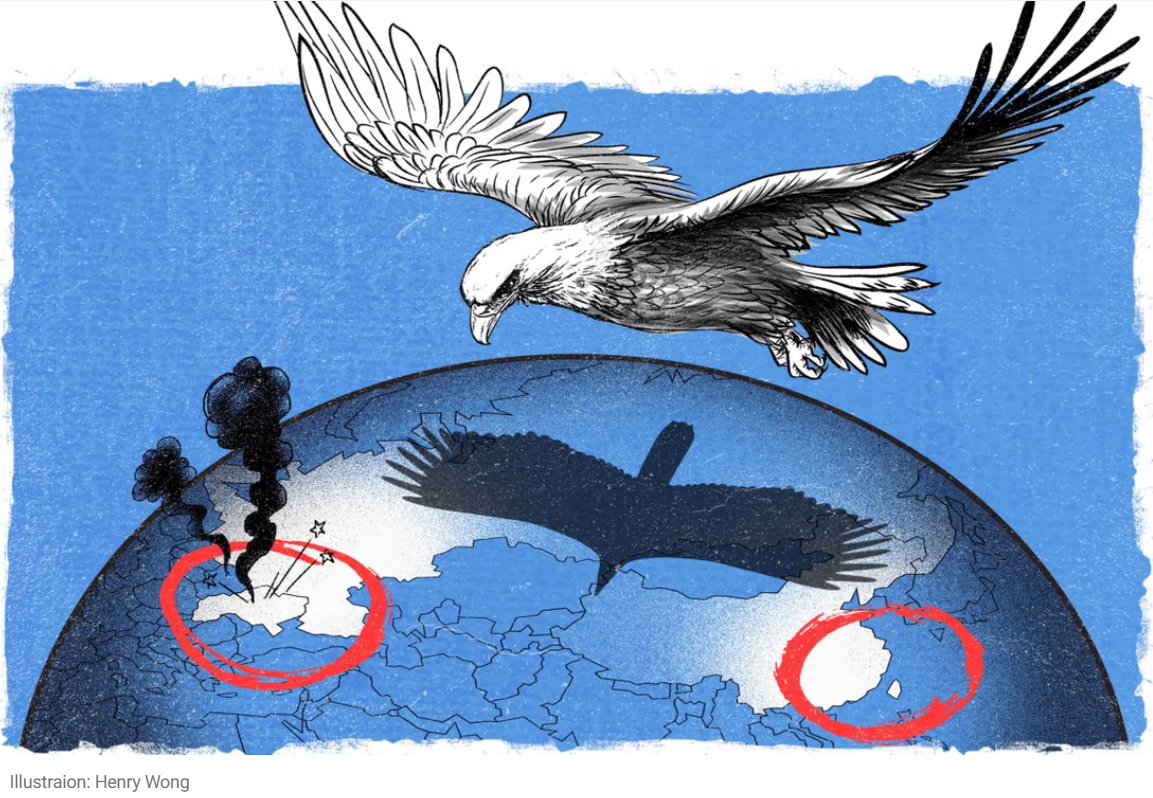
Doug Bandow, Senior Fellow, Cato Institute
May 31, 2022
If the United States and China went into armed conflict, it would be ruinous for both nations. The two governments must work together to find common ground, address arising issues, including tensions with Taiwan, and prevent war.
Liu Chang, Assistant Research Fellow, Department for American Studies, CIIS
May 30, 2022
Lacking concrete detail, the framework is burdened by great uncertainty. Moreover, the United States seems to be sending a decoupling signal to China — a questionable strategy. If the U.S. continues along this line, it will be hard to win confidence and cooperation from countries in the Indo-Pacific region.
Tang Xinhua, Associate Researcher, Tsinghua University’s Institute of International Relations
May 30, 2022
The goal of the United States in creating the IPEF is to gain an asymmetric technological advantage over China and to create an environment for long-term competition. It wants a new rules-based Indo-Pacific order forged in its own image.
Tao Wenzhao, Honorary Member of the Chinese Academy of Social Sciences; Fellow, CASS Institute of American Studies
May 30, 2022
The IPEF as yet has no real content, so people are understandably mystified. America wants to drive a wedge between regional countries and China. But this won’t work, as China is already embedded. Supply chains will not be altered on a whim.

He Yafei, Former Vice Minister of Foreign Affairs
May 24, 2022
In cyberspace order and governance, China is a global leader. It’s capacity continues to improve, and it has a major role to play in working toward a more peaceful, secure, open and cooperative digital future.

Zainab Zaheer, Development Consultant
May 20, 2022
Besides tackling COVID-19 and climate change, a unifying force within the Quadrilateral Security Dialogue is undoubtedly the member countries’ response to China. As the May Quad summit is underway, analysts must assess both how the Quad will react to China as well as how China will respond to the Quad alliance.
Li Zheng, Assistant Research Processor, China Institutes of Contemporary International Relations
May 20, 2022
With the shadow of the Russia-Ukraine crisis looming in the background, America’s midterm elections will be a test of voters’ mood. Donald Trump’s sway over the Republican Party will be reinforced or repudiated. But economic factors may be the decisive factor.
Yang Wenjing, Research Professor, Institute of American Studies, CICIR
May 18, 2022
Views differ on what triggered the current conflict. But whatever the pros and cons of NATO expansion, the conclusion must be that China, not Russia, is the greater long-term, structural and potentially lethal challenger to America.

Zhang Tuosheng, Principal Researcher at Grandview Institution, and Academic Committee Member of Center for International Security and Strategy at Tsinghua University
May 16, 2022
The phrase “Ukraine today, Taiwan tomorrow” has been heard frequently in Taiwan since the outbreak of the Russia-Ukraine conflict. But separatists on the island are not sure the United States would come to their rescue if Beijing moved toward reunification.

An Gang, Adjunct Fellow, Center for International Security and Strategy, Tsinghua University
May 11, 2022
The Ukraine crisis has demolished many boundaries. It was out of control from the beginning, since Russia, Ukraine and the U.S. are all unwilling or unable to compromise. Time will tell, though it may not indicate which side to take.
Back to Top

- China-US Focus builds trust and understanding between the U.S. and China through open dialogue among thought leaders.
- Our Offerings
- Topics
- Videos
- Podcasts
- Columnists
- Research Reports
- Focus Digest
- Stay Connected
-
Thanks for signing up!
- Get the latest stories from China-US Focus weekly.